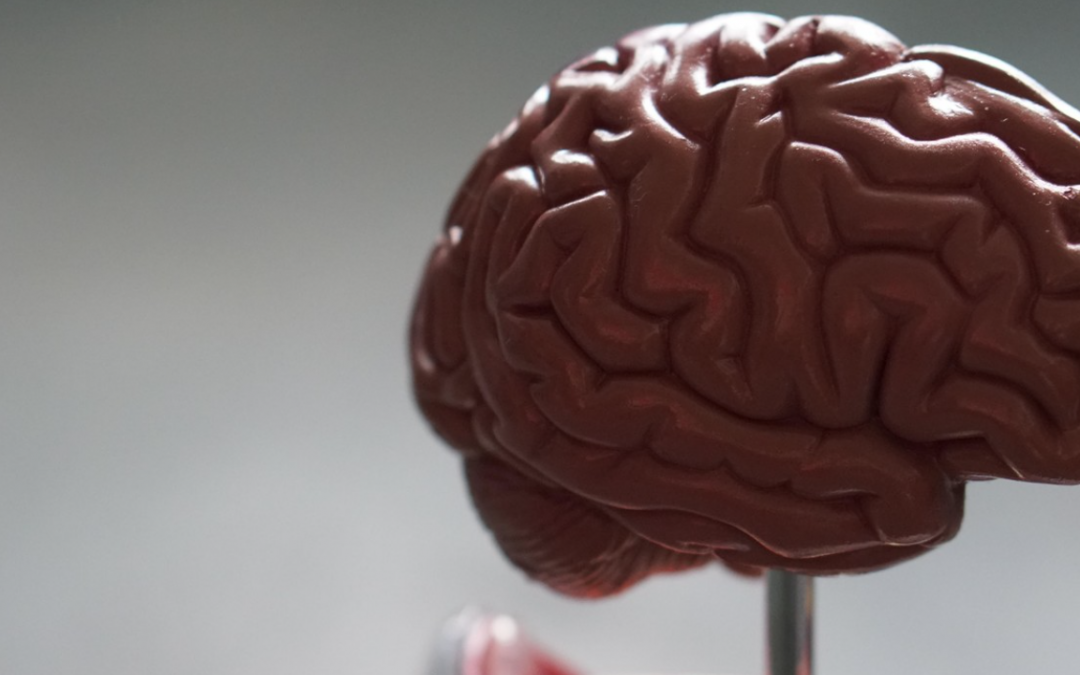Image: Unsplash/Robina Weermeijer
Whether you’ve contracted the virus or not, the pandemic is changing the way we think and feel.
- COVID-19 is having a huge affect on our collective mental health.
- Common symptoms of the virus include fatigue, short attention span and mood disorders.
- Through exercise and mindfulness training, we can train our brains to be more resilient and protect our mental health.
Whether you have contracted COVID-19 or not, your brain is likely to have changed over the past few months. The virus itself can cause a number of neurological problems, along with anxiety and depression. The isolation and worry caused by the pandemic can similarly alter our brain chemistry and cause mood disorders.
In our new paper, published in Neuropsychopharmacology Reviews, we have investigated how to best overcome the brain changes linked to the pandemic.
Let’s start with COVID-19 infection. In addition to mood disorders, common symptoms include fatigue, headaches, memory loss and problems with attention. There may be a number of reasons for these brain changes, including inflammation and cerebrovascular events (a syndrome caused by disruption of blood supply to the brain).
Research suggests that the virus may gain access to the brain via the forebrain’s olfactory bulb, which is important for the processing of smell. Loss of smell is a symptom in many patients with COVID-19.
As part of the system responsible for your sense of smell, the olfactory bulb sends information about smell to be further processed in other brain regions – including the amygdala, orbitofrontal cortex and the hippocampus – which play a major role in emotion, learning and memory.
As well as having extensive connections to other brain regions, the olfactory bulb is rich in the chemical dopamine, which is important for pleasure, motivation and action. It may be that COVID-19 alters the levels of dopamine and other chemicals, such as serotonin and acetylcholine, in the brain, but we can’t say for sure yet. All these chemicals are known to be involved in attention, learning, memory and mood.
These changes in the brain are likely responsible for the mood, fatigue and cognitive changes that are commonly experienced by COVID-19 patients. This in turn may underlie the reported symptoms of stress, anxiety and depression in patients who have contracted the virus.
But it’s not just people who have contracted the COVID-19 virus that have suffered from increased anxiety and depression during the pandemic. Excessive worry over contracting or spreading the virus to other family members, as well as isolation and loneliness, can also change our brain chemistry.
Repeated stress is a major trigger for persistent inflammation in the body, which can also affect the brain and shrink the hippocampus and therefore affect our emotions. Stress can also affect levels of brain serotonin and cortisol, which can affect our mood. Eventually, these changes can cause symptoms of depression and anxiety.
Brain training
The good thing about the brain, however, is that it is incredibly plastic, which means it is changeable and can compensate for damage. Even serious conditions such as memory loss and depression can be improved by doing things that alter the brain function and its chemistry.
Our paper looks at promising solutions to combat symptoms of stress, anxiety and depression – in COVID-19 patients and others.
We already know that exercise and mindfulness training – techniques that help us stay in the present – are helpful when it comes to combating brain stress. Indeed, studies have shown beneficial functional and structural changes in the brain’s prefrontal cortex (involved in planning and decision making), hippocampus and amygdala following mindfulness training.

